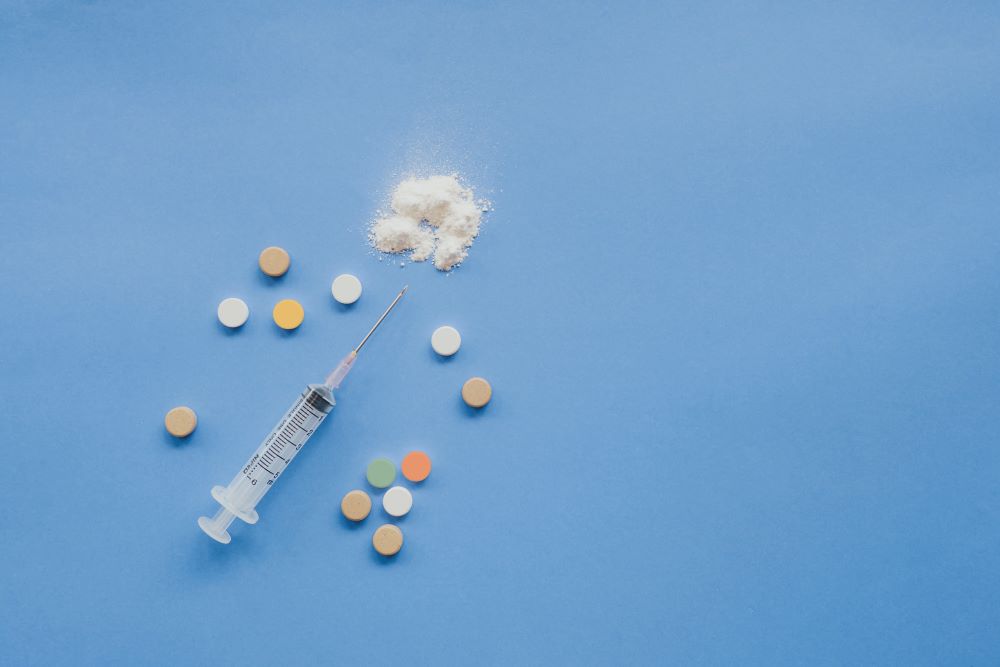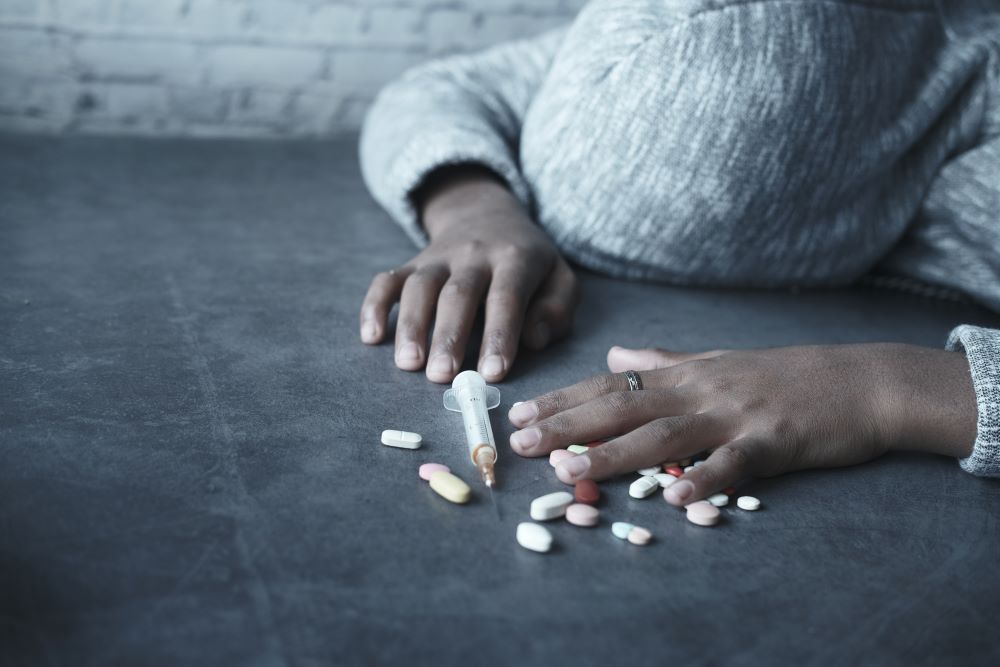Making Narcan over the counter should improve accessibility, officials say.
During the first week of April, the FDA approved over the counter (OTC) use of Narcan, the brand name of the generic naloxone, an overdose reversal drug. Approving the first OTC opioid antagonist is considered a positive step in the fight against addiction and overdoses by advocates and healthcare professionals.
Overdoses are the leading cause of accidental death in the U.S. and are exacerbated by opioids. Since 1999, over 932,000 people have died of overdose – many of those due to overdosing from opioid drugs, and over 102,000 people died of overdose in 2021 alone, 80,000 of those deaths involved opioids.
In an interview with PBS Newshour, Dr. Andrew Kolodny, Co-Director of Opioid Policy Research at the Heller School at Brandeis University, said, “I think that the decision to allow Naloxone to be sold over the counter is helpful. It will make an antidote to opioid overdoses more available, which is an important thing to do when opioid overdoses become the leading cause of accidental death in the United States.”
Not a cure all for addiction, Dr. Kolodny cautioned that approving an OTC opioid antagonist may only have a small effect. The country should really be focused on outpatient treatment, specifically “with a medicine called buprenorphine,” which the doctor said is a sort of first line of defense in treatment scenarios. “We have to see that that treatment is made much easier for people to obtain, it has to essentially be free,” Dr. Kolodny added.

At the same time, making drugs of addiction, like fentanyl, heroin, and other opioids, harder to obtain and abuse would go further in reducing accidental deaths from overdose. To this extent, Dr. Kolodny pointed out that the Biden administration could be doing more alongside the Food and Drug Administration (FDA) to regulate opioid manufacturers, because they’re still not regulated enough. Furthermore, the Biden administration previously made a promise to “[expand] access to opioid addiction treatment,” which it has yet to do.
One major concern with Narcan is its cost to the average person – not everyone can afford the life-saving drug. Currently, naloxone is made by Emergent BioSolutions under the brand name Narcan and is sold as two doses for $130. Of course, there have been advocacy efforts to make the drug readily available for free in communities that need it the most, and it can also often be found being distributed at pharmacies and behavioral health centers. However, these efforts are not available in every location across the U.S.
Dr. Kolodny chimed in that it’s helpful we now have an OTC opioid antagonist, because while previously the drug had been made widely available due to workarounds (namely, various local organizations, programs, and grants that give out naloxone for free), the company that makes Narcan is putting a steep price on it still. The doctor says the “manufacturer is trying to take advantage of the desperate situation…[w]e’re in in the United States.”
During the AIDS epidemic, people who tested positive for HIV had “access to antiretroviral therapy, regardless of their ability to pay for it,” Dr. Kolodny said. The same should be done for the opioid epidemic.
In terms of its availability, Dr. Kolodny said OTC Narcan should be available anywhere an overdose might happen, meaning at restaurants, bars, doctors’ offices, in airplanes, etc.
By making Narcan OTC, prescriptions aren’t needed, and it is more readily accessible to individuals who may not have access to healthcare, or who may be hesitant to seek help due to stigma or fear of legal repercussions. This can increase the likelihood of bystanders administering the medication in an emergency, which can help save lives and reduce the number of opioid-related deaths.
However, OTC Narcan alone is not a solution to the opioid crisis. It must be accompanied by other efforts, such as increased access to addiction treatment and harm reduction programs, to address the underlying issues of addiction and overdose.
Sources:
1st over-the-counter opioid overdose treatment gets FDA approval


Join the conversation!